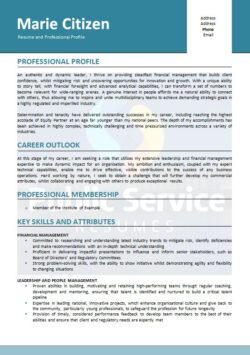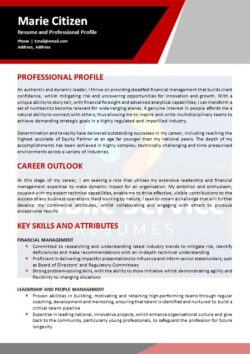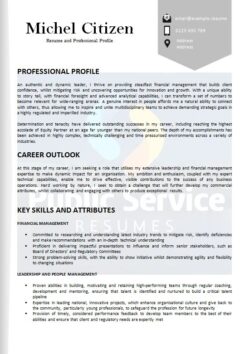Academic Resume and Selection Criteria Writers
Public Service Resumes Academic Resume and Selection Criteria Writers specialise in completing University, College and Tafe job applications for a variety of roles. Academics generally work within a college, university and Tafe.
The career path of an academic is very individual. Successful academics often find creative ways to progress their careers, identify opportunities and overcome challenges.
Academics enter the university sector from various fields, often following unique pathways. Most people progress through many roles when pursuing an academic career. This includes research-only roles where the bulk of time is spent conducting research with limited or no teaching commitment, and teaching-only roles where the majority of time is for teaching with little or no time for research.
Many academics also hold a duel research and teaching position where they are expected to both teach and conduct research. The route that an individual takes depends greatly on interests, funding and opportunities in subject areas, and the job market in certain points of their career.
Due to the unique nature of an academic role, applicant documents may differ to the usual. However, most roles will require the submission of a professional resume, cover letter and/or responses to key selection criteria.
Universities usually advertise positions, with each position requiring specific selection criteria to be addressed within university guidelines. Academic promotion is merit-based, and the applicant has to demonstrate to a selection committee or their peers that impact and quality of their proposed activities will increase.
How do academic resumes differ?
Academic resumes differ from the resumes typically used by non-academics in the industry as there is a requirement to present research activities, various publications and awarded funding. This is in addition to the information usually contained in a resume.
An academic resume is a credential-driven document that showcases contributions to a particular field of study or practice. Our professional Writers know how to emphasise your relevant education, certifications, training, publications, research accomplishments and presentations throughout your academic resume. As expected, academic resumes can be quite comprehensive and do not abide by typical resume page or layout rules.
For example, a researcher with over twenty years of experience could have an academic resume up to fifteen pages long. A large portion of academic resumes are dedicated to listing examples of publications written, presentations given, and funding gained to undertake research. An academic resume written by Public Service Resumes will provide a concise, effective overview or your academic and professional achievements. The result will be a compelling resume that is well-organised and easy-to-read, yet accurately represents your highest academic accomplishments.
How do academic cover letters differ?
When you are applying for an academic role at a college or university, your cover letter will also differ significantly from the standard business cover letter. Applications are generally reviewed by faculty members and/or academic deans who are accustomed to reading more lengthy academic cover letters and resumes.
The application reviewers will typically have an interest in your philosophy and approach to teaching and research within your discipline. They will also evaluate how your background fits with their institution. Therefore, if you possess traditionally valued areas of expertise not already represented by the current faculty, it is important these strengths are highlighted in your cover letter.
Our professional writers will leverage their skills to tailor your letter to the orientation of the university or college. This will include adjusting the mix of emphasis on teaching and research based on the role and expectations.
Academic key-selection criteria
In addition to your resume and cover letter, when applying for an academic role, you may also be required to submit responses to key selection criteria. This could be in the traditional page per criterion format, or by way of statement of claims.
However, no matter what the format is, the key to a strong response is that you provide solid examples from your experience to verify relevant skills and knowledge. You might have a brilliant academic resume and cover letter that showcases your excellent skills and qualifications to do the job. However, if you do not address the selection criteria in a separate document that explains how well you fit each criterion, chances are you will be overlooked. Fulfilling the selection criteria to the selection commitee’s satisfaction is the only way you can secure an interview,
Selection criteria will often be behavioural-based. To assist you with your selection criteria, Public Service Resumes use the STAR framework.
We will spend time discussing your achievements and examples from your experience in line with each of the criterion points to determine the Situation (the situation that required you to use the skills the criterion point is asking about), Task (within that situation, what your responsibilities were), Action (the skills you used or developed to carry out the task), and Result (what the outcomes of your actions were). This can be a comprehensive process, but one that is well worth the time to prove your suitability against the role.
Are you applying for research funding? Do you want to be a professor? Our academic resume, cover letter and key selection criteria writers know how to highlight your experience. With advanced skills in cutting-edge techniques in the resume writing process, the team at Public Service Resumes know how to effectively brand and target your academic career documents. Moreover, we know how to communicate your value to a potential employer, faculty or board with sophistication and style. Call the team at Public Service Resumes today for an obligation-free quote.
Applicable Services












